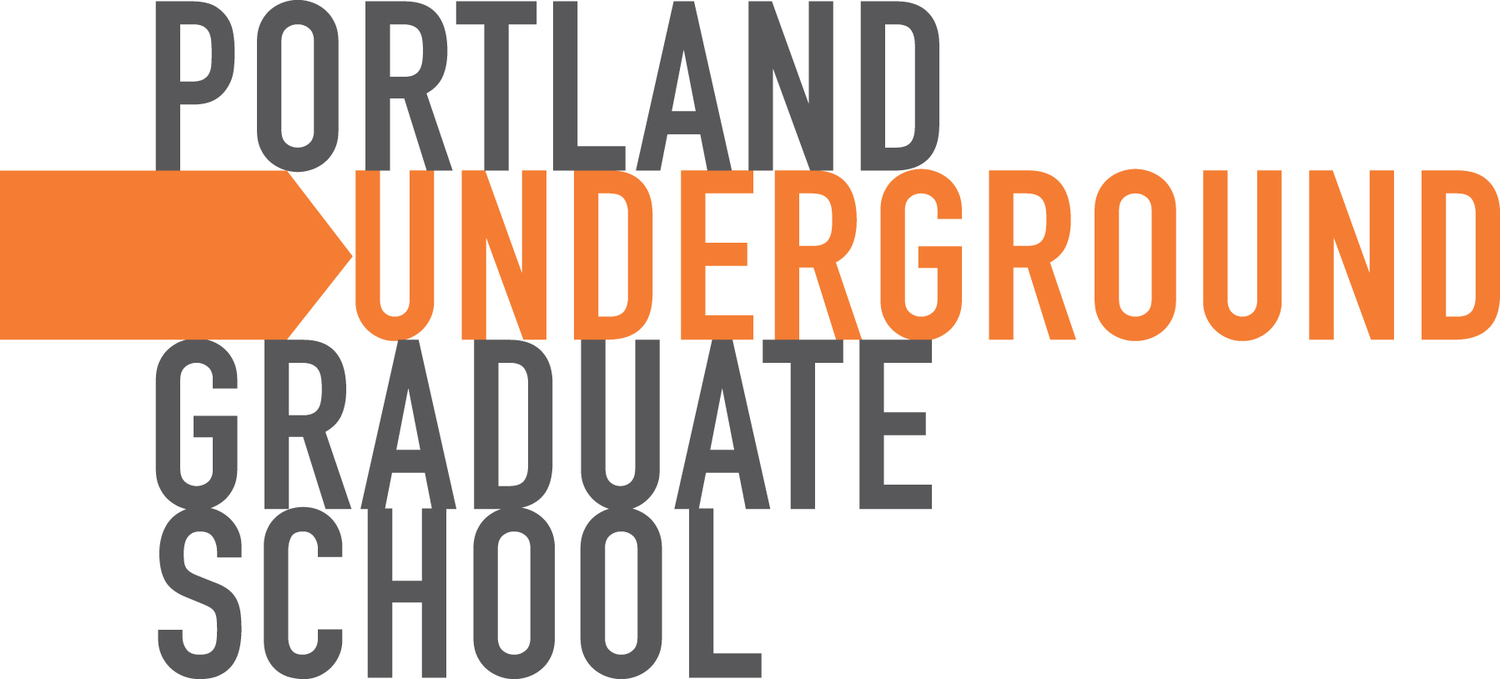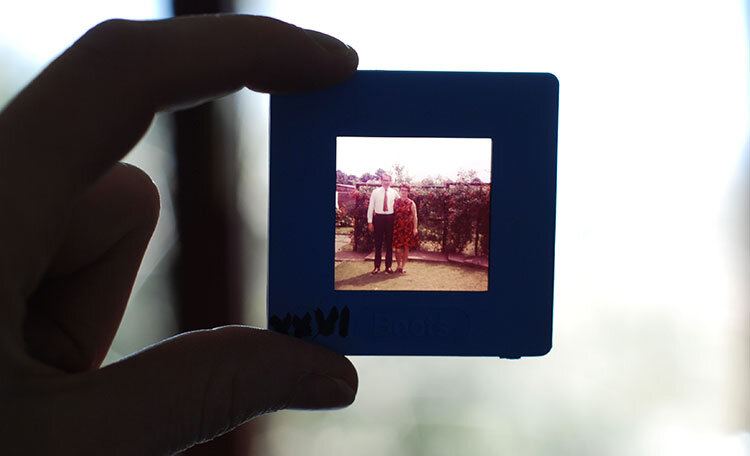Looking Back to Understand Who We Are
/how do we know who we are?
How do you define who you are? And how does that change in a world where we have at our fingertips the ability to explore our personal heritage at the click of a mouse, and our genetic heritage with a mouth swab? This April at PUGS, we’re exploring genealogy, DNA, and lore - and examining our beliefs about how our lives are shaped by the people who have come before.
In this Q&A, instructor Maddie Cole tells us a bit about her course and why our thirst for understanding ourselves sometimes takes us to unexpected places!
Q1: Why are we drawn to our heritage as a source of meaning?
There are many reasons that people become curious about their heritage. For many, it is a cultural identity, and a desire to tap into long-held traditions, beliefs, and customs. For others, it the connection to a specific place, to look at pictures and perhaps even walk across the fields, coastline, or grasslands that their ancestors called home. Personally, I am a storyteller at heart, and I pursue the stories of my ancestors' lives as much as possible. I am descended from immigrants who came to the US over the course of 300 years. I want to know why they came and to understand their impact (both positive and negative) on this soil.
Q2: What has been surprising about what people find out from this process?
The variety of results is the most surprising thing about this journey. Some people are able to get details about their ancestors going back 500 years, whereas other people lose the paper trail just a few generations back. This brings up the question of access and equity in ancestral searches. People from marginalized communities face the difficult challenge of tracing the lineage of ancestors who did whose lives were not always properly recorded in the written record. Many people whose ancestors were illiterate are denied written records from their ancestors' own perspectives. Yet, through these challenges, there can also be many astounding affirmations or negations of family lore. Some people are able to prove that a family story remained correctly intact through generations of retelling, yet others find entire family lines that they had never even heard about.
Q: Why is it important that people contemplating a DNA test understand the technologies and business practices involved?
The DNA business and technology industry has been heavily scrutinized for its practices. There is concern over the use and ownership of DNA samples, as well as the morality of charging money for people to access knowledge about their own heritage. Such financial stipulation is a major barrier to access for some people. Some companies are more transparent about this than others, and we will review some of these practices and privacy policies in class.
Q: You've chosen to include pop culture as a learning tool for this course. Why is it helpful?
There is a large market nowadays for ancestry and heritage tools. Everything from family tree websites to research books to the successful TV shows Who Do You Think You Are and Finding Your Roots bring the research process into people's daily lives. Ancestral findings have come up in political elections, true crime cases, and were recently woven into Portland Center Stage's premiere of Redwood. It can be used and misused in popular discourse, which highlights the need for a deeper analysis and evaluation.
Join Maddie for Analyzing Records, DNA, and Lore in the 21st Century, Thursdays from April 2.


